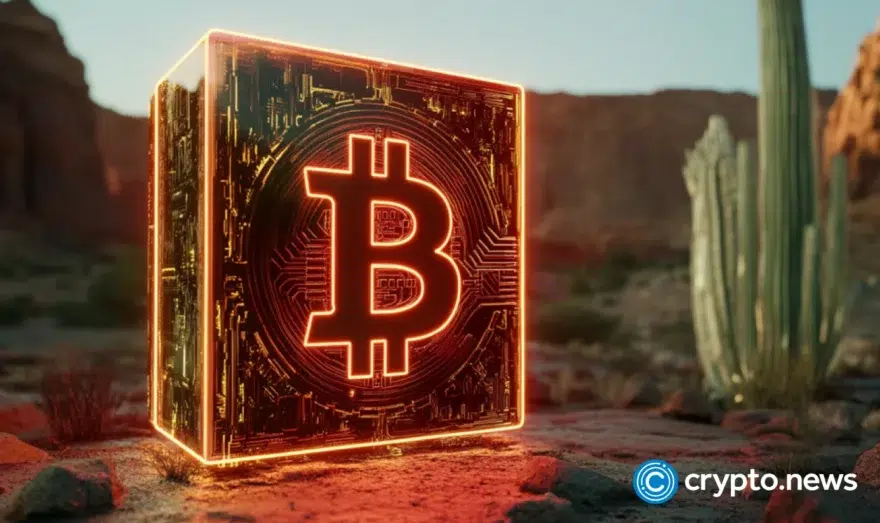Blockchain to Bring Provable Fairness to Online Gambling

Gambling is considered one of the most ancient traditions found in the humankind regardless of culture or civilization. There are known instances of gambling in the Roman Republic, ancient Egypt, ancient China, and even the Northern Europe.
There are numerous examples of games of chance played at the dawn of humans; in Rome, they first came up with heads and tails; there are Biblical references suggesting that the imperial guards casted lots to win Jesus’s garments he wore on the Calvary; in China, there was a lottery game known as keno, which is said to have been used to partially fund the construction of the Great Wall.
The first modern gambling house was opened in Venice back in 1638 under the auspices of the city’s grand council. The very word, casino, is derived from Italian casa, which means house. The first legal casino in Las Vegas was opened as early as in 1931.
The first online gambling platform was launched in 1994 when Antigua and Barbuda passed a law legalizing gambling on the internet. In 1996, there were at least ten websites offering games of roulette or poker. The first cryptocurrency online casinos emerged shortly after Bitcoin, in 2010. In 2013, an online casino was sold to an anonymous customer at the price of 126,315 BTC, thus becoming the first online casino to be sold for cryptocurrency.
The problem of fair play on the part of online lotteries or casinos has emerged nearly at the same time as those projects. Unlike traditional games like slot machine or bingo, where the impression of fairness comes from the physical nature of the whole affair, what online players see is just a picture that theoretically can display whatever game owners want it to. In order to tamper with a slot machine or a drawing game, one had to alter them mechanically, while in case of online casinos this unfair practice would only require rewriting a few strings of code.
The absence of trust has put online games far behind traditional ones. For that reason, all online casinos, lotteries and games of chance powered by cryptotechnologies seek to use transparency and accountability of blockchain-based solutions to prove the fairness of their game and lack of any meddling, and therefore get a competitive edge over their centralized rivals.
Notable Examples
Today, cryptocurrency gambling is a global market with market cap of around $30 billion and 10 percent of annual growth. There are hundreds of online casinos now. In 2016 alone, the overall amount of bets at cryptocurrency casinos has exceeded 1.5 million BTC. The competitive conditions therefore dictate the need to differentiate themselves from their peers.
To do so, some of them offer various bonus programs, referral programs or use other incentives to attract more players.
vDice
vDice was one of the first online gambling projects to completely implement its architecture on the Ethereum blockchain. As one may guess from the name, the project offers the game of dice.
The main point of differentiation between vDice and its peers is absence of servers, accounts and deposits. The entire game takes place on the blockchain, and therefore cannot be controlled by anyone, including the developers. This effectively makes the project the first operational decentralized gambling app. To prove the fairness even more, the development team has ordered an independent audit of the project’s source code, and then published its findings online.
Over their crowdsale in late 2016, the team has raised around $1.7 million worth of ether.
Edgeless
Another notable gambling project that seeks to employ cryptotechnologies to prove it does not meddle with the games it offers is Edgeless Casino. Shortly after vDice, it offered a game of slot machine with Ethereum blockchain in the engine that, according to the project’s founders, makes Edgeless “the first completely transparent online casino.”
The casino has announced its plans to add other games that rely on human errors and require some skills and luck, like poker or black jack.
The project is also going to deploy a mobile app and sports bets. To do so, Edgeless held an ICO earlier in 2017, and raised over $2.5 million over its course.
TrueFlip
Similar to Edgeless, TrueFlip uses blockchain technology to run a lottery that is also set to ensure complete fairness and transparency of the game.
The game model resembles the classic Power Ball lottery. Having bought as many tickets as they like, players have to guess the numbers drawn by a provably fair algorithm. In case they guess all the numbers correctly, they’ll win a Jack Pot.
The project has already held a presale campaign this May. The tokens the project is going to distribute via the main phase of the crowdsale later this month will additionally entitle their holders to vote for the platform’s further development as well as receive their share of its profits.
The tokens will essentially be smart contracts on Ethereum blockchain to ensure easy transfer of funds and tradability at online exchanges.
Fundraising Methods
Such projects, similar to their decentralization-driven peers, tend to raise funds over a crowdsale also known as ICO or contribution campaigns. After the ICO held by Ethereum a few years ago, which back at the time was the most successful crowdfunding campaign known to humankind, lots of other projects seized on the idea.
When it comes to online gambling platforms, the purpose of preferring crowdfunding over more traditional solutions like venture investments goes beyond the obvious need to raise funds. Such campaigns pursue building a community around the platform, incentivizing players to participate, and rewarding the most proactive of them. Some projects like TrueFlip even go further and effectively offer the participants the chance to play while being shareholders of the platform, and thus add dividends to their winnings.
The industry of gambling has known its ups and downs. Most of the time, it raised suspicions among the players concerning the fairness of gambling houses and lottery organizers. Blockchain’s ultimate transparency, however, may finally disrupt this circle of mistrust, and put a new spin on the millenia-old gambling paradigm.













